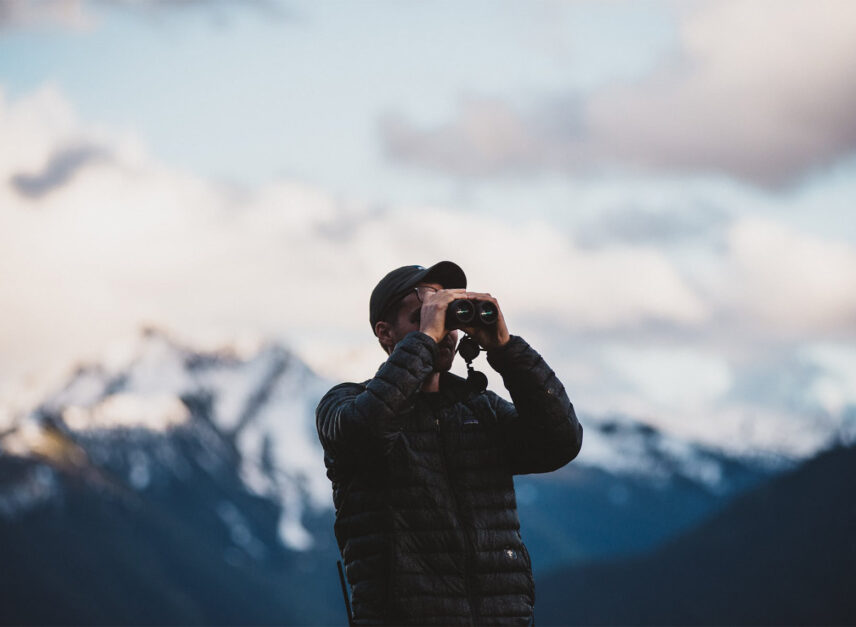Excerpt of the article, “Thousands of kilometres from the battlefield, these Ukrainian veterans are finding solace in the Canadian woods” in the Globe and Mail.
Sitting in a small plane weaving between B.C.’s Purcell Mountains, Ukrainian veteran Ivan Maruniak said he felt joy for the first time in two years. “This is the place where you don’t feel danger, and you don’t expect danger,” he said through a translator.
Mr. Maruniak was one of a half-dozen Ukrainian veterans and combat medics invited by former war correspondent Julius Strauss to a remote location in the B.C. Interior for some peace of mind. Despite being strangers beforehand, they had a commonality in their experiences of war and lasting trauma.
For 10 days in June, the group gathered at Wild Bear Lodge to learn new outdoor skills, spend time in nature and share some long-awaited respite far from the dangers of combat.
Mr. Strauss, owner of the lodge near the Selkirk Mountains, moved to Canada after 15 years of covering conflict in places such as Ukraine, Russia, the Middle East and the Balkans for The Daily Telegraph.
He also worked at The Globe and Mail for a short time after arriving in the country. He launched the Wild Bear Vets program in 2021 with a group of Canadian and British veterans to promote the benefits of nature-based rehabilitation in the same woods where he, himself, chose to retreat from the atrocities of war.
For the program’s second iteration, he turned his attention to Ukraine. Since Russia invaded Ukraine in February, 2022, hundreds of thousands of Ukrainian soldiers have been wounded or killed.
To seek some form of therapy, Mr. Strauss said many of them have been venturing into the Carpathian Mountains in western Ukraine to hike, raft and connect with other veterans.
As an experienced animal tracker, rafting guide and conservationist, he saw an opportunity to help from home.
Read more on The Grizzly Bear Dairies’ Substack.
To read the full article, visit The Globe and Mail website.
